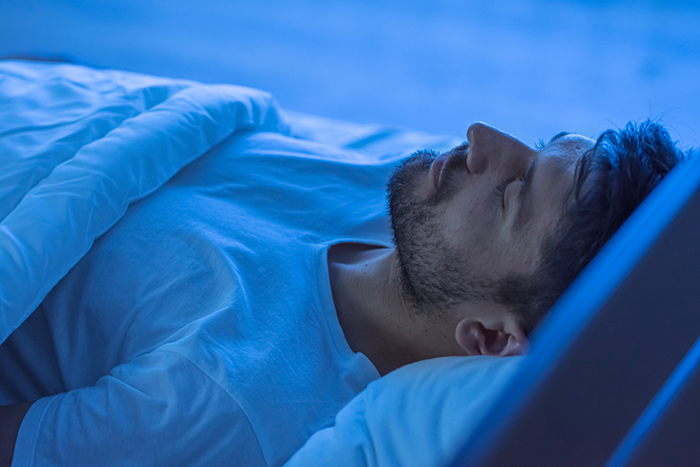
After a challenging and stressful year, the New Year provides us with the opportunity to refocus on the importance of making healthy sleep a priority.
Why should we make healthy sleep a New Year's resolution?
Regularly sleeping less than seven hours per day is associated with an increased risk of developing chronic conditions such as obesity, diabetes, high blood pressure, heart disease, stroke and frequent mental distress. Resolve to make 365 days of healthy sleep your goal for 2021 by keeping in mind its extensive benefits:
* Sleep makes you healthier - Without good sleep, both mental and physical health suffer greatly, putting people at an increased risk of chronic disease.
* Sleep makes you happier - Sleep has a positive effect on mood and overall sense of well-being and can improve relationships with others.
* Sleep makes you smarter - Getting the right amount of sleep is conducive to learning, memory recall, creativity and cognitive function.
What are some tips to kick off the New Year with healthy sleep?
* Obtain adequate sleep - Set a bedtime that allows you to get enough sleep so you wake up feeling refreshed and alert. Identify an appropriate bedtime for your age and lifestyle using the bedtime calculator.
* Establish a bedtime and waketime routine - Consider developing a nightly routine that evokes calm and relaxation, which may include reading, journaling or meditating. Even for those working remotely, allow ample time to wake, reflect and prepare for the day ahead.
* Ensure the bedroom is a space for sleep - Limit noise and distractions by making your bedroom quiet, dark and a little bit cool - and only use the bed for sleeping, not watching TV or reading.
* Set boundaries for blue light exposure - Consider setting a technology curfew by turning off your TV and other electronic devices 30 minutes to an hour before bedtime. Silence your notifications and charge your devices away from your bed so you are not tempted to look at social media or news alerts.
* Limit caffeine and large meals before bed - Avoid consuming caffeine after lunch and near bedtime, as both can disrupt sleep. If hungry after dinner, keep snacks small, sugar-free and easily digestible so as to not disrupt sleep.